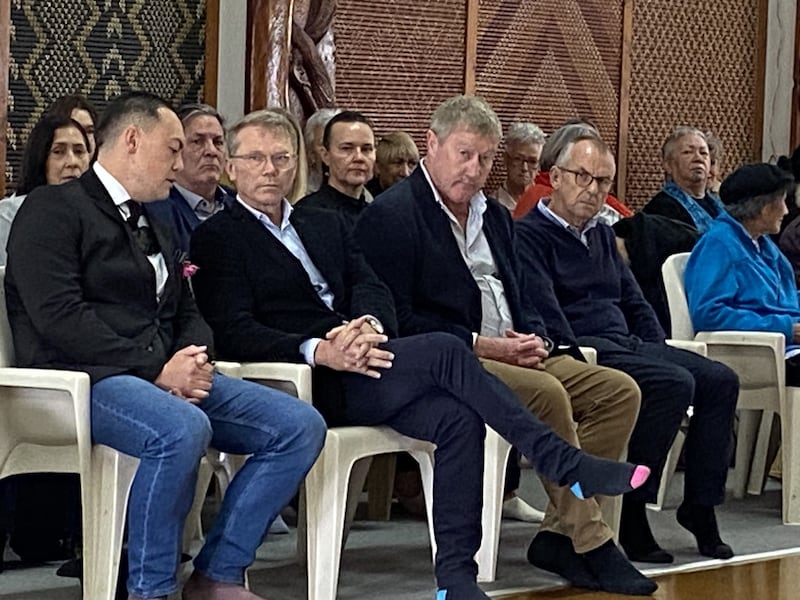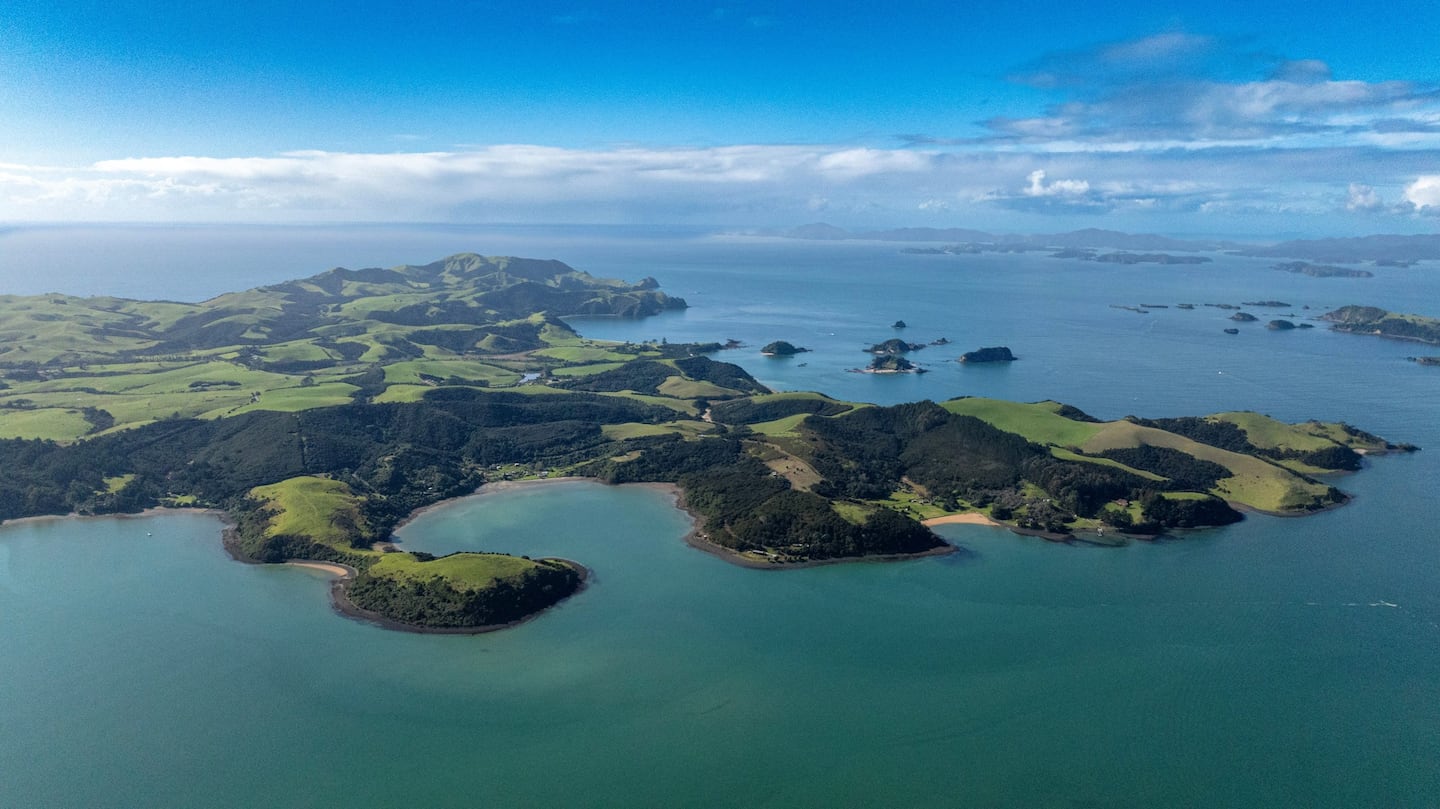A Bay of Islands trust representing four Ngāpuhi hapū groupings has achieved a major milestone in its Treaty of Waitangi negotiations.
The Trust received its Crown Deed of Mandate recognition on July 16 - the first for a group of Ngāpuhi hapū.
Te Whakaaetanga Trust chairperson Herb Rihari (Ngāti Torehina ki Matakā) said the milestone was of “historical significance”.
“Te Whakaaetanga is looking forward to discussing and negotiating the full spectrum of their redress options,” Rihari said.
Ngāpuhi - New Zealand’s largest iwi with almost 185,000 people - has not yet achieved a Treaty of Waitangi settlement.
The hapū grouping’s area of claim encompasses most of Pēwhairangi/the Bay of Islands.
It includes the eastern Bay of Islands’ Ipipiri Islands, where wealthy American writer Zane Grey set up his gamefishing base at Urupukapuka Island’s Otehei Bay in 1926 and described New Zealand as the “Angler’s El Dorado”.
It also includes Motukokako (Piercy Island,) which features the internationally-famous Hole in the Rock boat trip tourist destination, and Cape Brett.
Rihari said Te Whakaaetanga Trust’s Crown Deed of Mandate had been recognised after 18 years’ mahi.
Te Whakaaetanga Trust’s achievement comes 14 years after the Government’s controversial 2011 Tuhorunuku Deed of Mandate, which was towards a single settlement for all of Ngāpuhi.
That Deed was rescinded in 2015, after major rejection from within the iwi’s 100-plus hapū.

The July Deed of Mandate meant the Crown formally recognised the trust’s mandate to negotiate a Treaty of Waitangi settlement on behalf of its affiliated hapū.
Rihari said it also opened the door to “negotiate redress that acknowledges the maemae of the past and creates meaningful opportunities for our hapū and mokopuna”.
“It provides a foundation for enduring redress, cultural and economic revitalisation and the restoration of hapū mana across our rohe,” Rihari said.
Te Whakaaetanga Trust represents coastal hapū Ngāti Kuta, Ngāti Manu me ngā hapū rīriki - Te Uri o Raewera and Te Uri Karaka, Ngāti Torehina ki Matakā and Patukeha.
The trust is made up of two people from each of the hapū it represents.
Rihari said the hapū grouping’s area of claim approximately encompassed an area bounded in the north by the Bay of Islands’ Purerua Peninsula.
Its boundary ran from the peninsula’s tip, south-east across the waters of the Bay of Islands to Cape Brett and Rāwhiti.
Rihari said the boundary then travelled south-west to Karetu.
From there, the claim’s western boundary headed roughly north to Tapkea Point and included Opua and Russell settlements. It continued northwards across Bay of Islands waters, including Moturoa Island on the way, to Te Puna Inlet.
From there it continued to the northern side of Purerua Peninsula, the claim encompassing all of the landform to the east, and including the maunga (mountain) Matakā at the peninsula’s tip.
Treaty Negotiations Minister Paul Goldsmith told Local Democracy Reporting Northland the Crown Deed of Mandate for Te Whakaaetanga was a positive achievement.
“We’re pleased to be making progress,” Goldsmith said.

Northland Māori leader and Te Kotahitanga co-chair Pita Tipene said it was a major milestone for Ngāpuhi hapū working towards Treaty of Waitangi redress.
It offered a model for Ngāpuhi tribes, such as those around Waimate, Taiamai, Kaikohe and Whangaroa, who were collectivising towards the same goal.
Tipene said it was important the Government approached any Ngāpuhi Treaty of Waitangi hapū redress on a hapū-based commercial and cultural basis.
However, Minister Goldsmith poured cold water on that.
“The Government has indicated its preference for a single financial redress for Ngāpuhi, with a small group of cultural-based settlements sitting underneath,” Goldsmith said.
“Te Whakaaetanga is now mandated as one of the groups with which we will be discussing a cultural settlement,” Goldsmith said.
Rihari said the next stage would be preparation for formal negotiations with the Crown, and the trust was committed to ongoing kōrero with all who “held an interest in our shared future”.
Rihari said many hands, hearts and minds - past and present - had contributed to the kaupapa of achieving the deed of mandate milestone over many years.
“Ehara tēnei i te mahi māmā, engari he mahi nui mō ngā uri whakatupu. Mā tātou katoa tēnei e kawe, mā te rangimārie, mā te kotahintanga, mā te aroha hoki.
“This is not easy work, but it is important work for the generations to come. Together, through unity, peace and aroha, we carry it forward.”
Local Democracy Reporting is local body journalism funded by RNZ and NZ On Air



